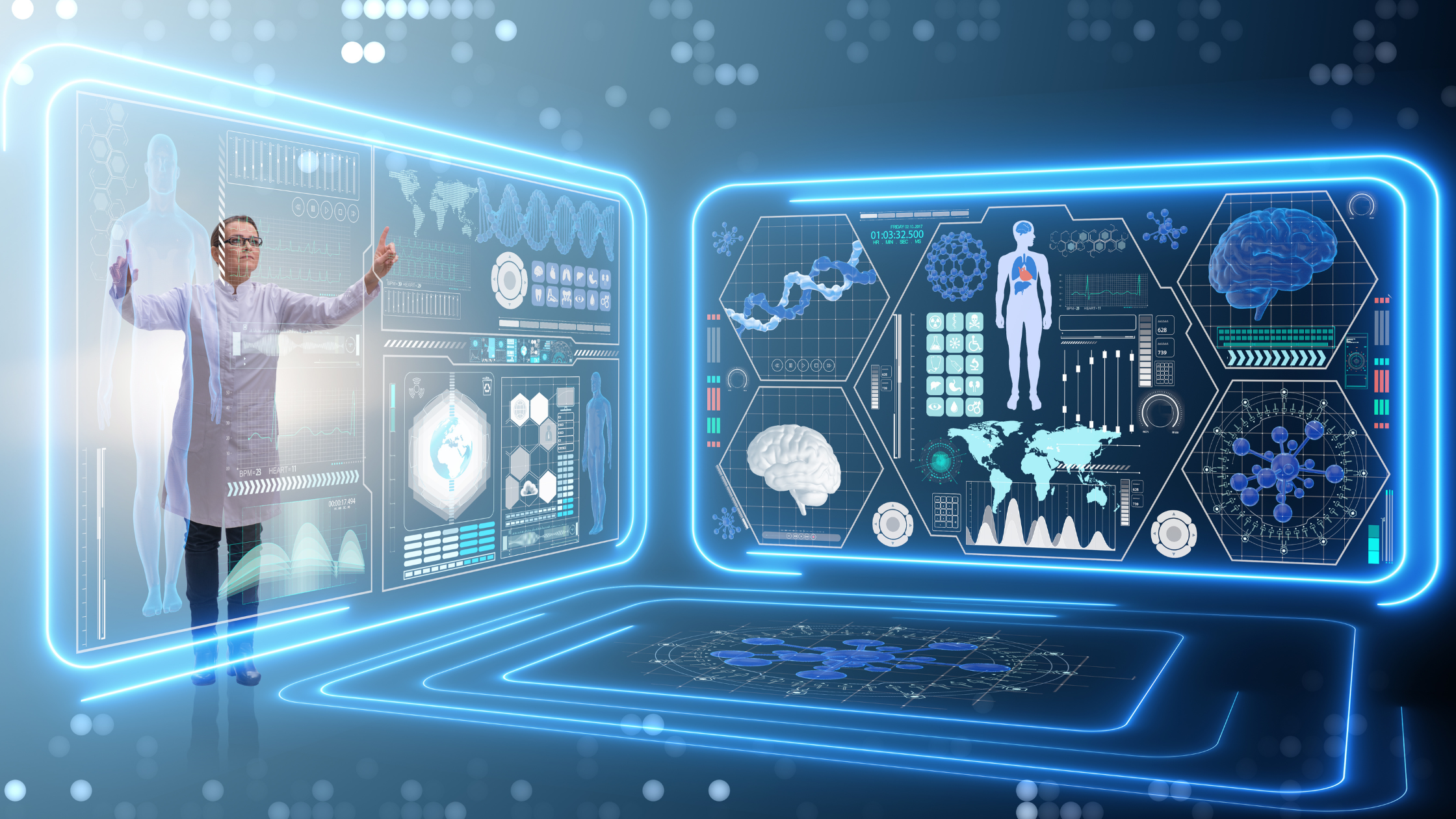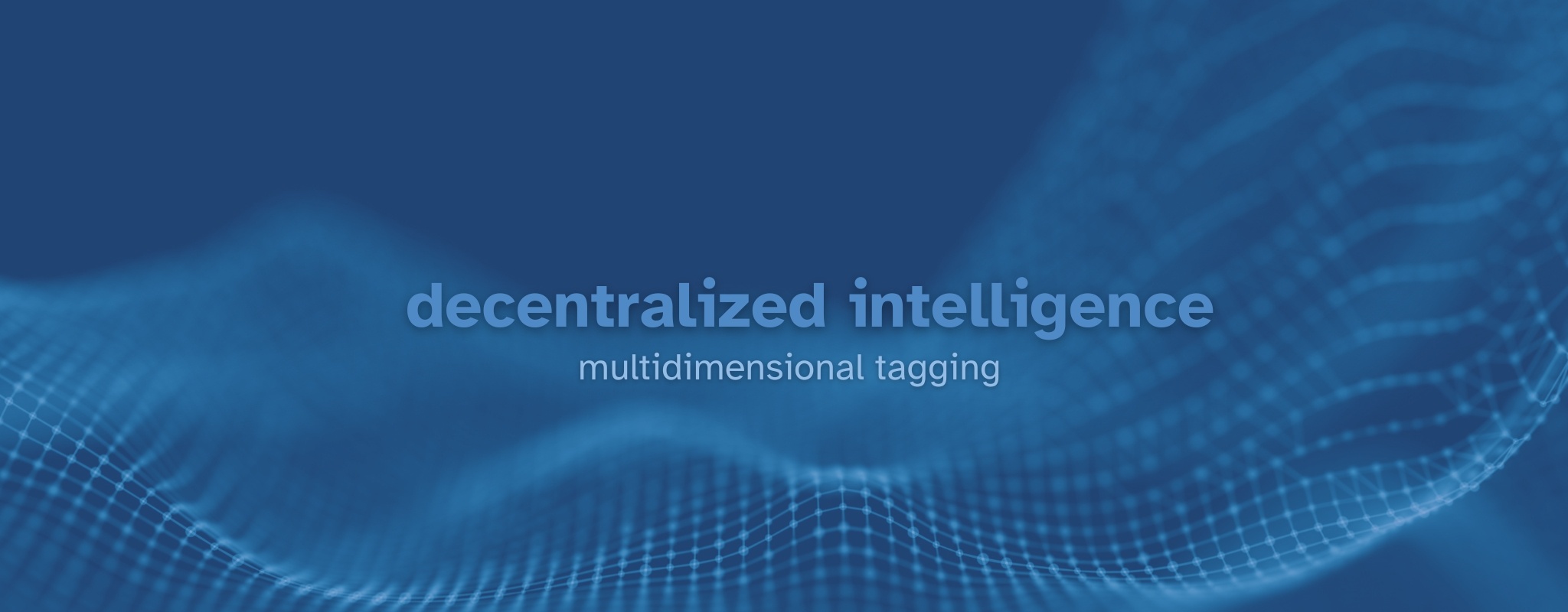In a world where personalized treatment has become a reality rather than a distant dream, the arrival of IntelliGenes represents a major breakthrough in precision medicine. This new machine learning (ML) pipeline, developed by researchers at Rutgers University and showcased on GitHub ( https://github.com/drzeeshanahmed/intelligenes ), provides revolutionary insights into disease prediction and biomarker discovery.
Harnessing Machine Learning for Biomarker Discovery and Disease Prediction
Precision medicine aims to personalize healthcare by tailoring medical decisions, treatments, practices, and products to each individual patient. Traditional methods, although somewhat effective, often neglect the unique genetic makeup of individuals, resulting in a standardized approach to treatment. The advancement of new therapies in precision medicine relies heavily on the discovery of biomarkers, disease prediction, and the development of Intelligent Gene (I-Gene) scores. These crucial steps allow for a deeper understanding of diseases at a molecular level, leading to more effective and personalized treatment strategies.
The processes involved in discovering biomarkers, predicting diseases, and developing I-Gene scores are complex and require a combination of advanced technologies, computational expertise, and clinical knowledge. They represent the forefront of precision medicine and play a critical role in the development of tailored therapies based on individual genetic profiles. The success of these endeavors depends on the integration of diverse data sets, sophisticated analytical tools, and a profound understanding of biological processes. As these methodologies continue to evolve, they hold tremendous potential in transforming healthcare by enabling more accurate diagnoses, earlier interventions, and highly effective personalized treatments.
IntelliGenes, a groundbreaking tool developed by Dr. Zeeshan Ahmed and his team, offers a new approach to analyzing multi-genomic data. By combining statistical techniques with machine learning algorithms, IntelliGenes provides a valuable resource for researchers and professionals aiming to delve into the intricacies of genetic information.
Areas of Application
 IntelliGenes seamlessly integrates traditional statistical methods with modern ML algorithms, empowering it to efficiently process and analyze a wide range of multi-genomic, clinical, and demographic data.
IntelliGenes seamlessly integrates traditional statistical methods with modern ML algorithms, empowering it to efficiently process and analyze a wide range of multi-genomic, clinical, and demographic data.
- User-Friendly and Cross-Platform Compatibility: With its compatibility across various operating systems, including Microsoft Windows, macOS, and UNIX, IntelliGenes ensures wide usability and accessibility within the medical research community.
- Optimal TechStack for Support: Supporting IntelliGenes effectively requires a robust TechStack consisting of high-performance computing platforms, advanced ML frameworks, stringent data security measures, interoperability standards, database management systems, and user interface design tools. This comprehensive TechStack is essential for maximizing the potential of IntelliGenes.
Discovering Biomarkers
Biomarkers are biological molecules found in blood, other body fluids, or tissues that are a sign of a normal or abnormal process, or of a condition or disease. The process of discovering biomarkers involves several steps:
-
Sample Collection and Preparation: It starts with collecting biological samples (like blood, tissue, urine) from patients. These samples are then prepared for analysis, which might include processes like cell separation, DNA extraction, or protein denaturation.
-
High-Throughput Technologies: Technologies such as genomics, proteomics, and metabolomics are employed. These techniques allow for the analysis of the genome, proteome (the entire set of proteins), and metabolome (the complete set of metabolites) respectively. Techniques like Next-Generation Sequencing (NGS) or mass spectrometry are often used.
-
Data Analysis and Validation: The data obtained from these technologies are massive and complex. Bioinformatics tools are used to analyze this data to identify potential biomarkers. These biomarkers are then validated through additional experiments, often involving comparing the biomarker levels in diseased vs. healthy individuals.
Disease Prediction
 Disease prediction involves identifying individuals at risk of developing a disease or predicting the course of a disease in a patient. The steps include:
Disease prediction involves identifying individuals at risk of developing a disease or predicting the course of a disease in a patient. The steps include:
-
Collecting Patient Data: This includes genomic data, as well as clinical and demographic information. Wearable health devices also contribute data about a patient's physiological status.
-
Machine Learning and Statistical Models: This data is then fed into ML algorithms and statistical models that are trained to identify patterns and correlations that might not be evident to human observers. These models can predict disease onset, progression, and response to treatment.
-
Validation and Clinical Application: Predictive models are validated through clinical trials and retrospective studies. Once validated, these models can be used in clinical settings to predict disease risk, aiding in early diagnosis and personalized treatment planning.
I-Gene Scores
I-Gene scores represent a novel approach in genomics to quantify the importance of individual genes in the context of disease prediction and treatment. The process entails:
-
Genomic Data Analysis: Using a patient's genomic data, each gene is analyzed to determine its impact on disease risk or treatment outcomes.
-
Algorithmic Scoring: Specialized algorithms are used to assign a score to each gene, which represents its relative importance or impact. This process involves complex computations considering various factors such as gene expression levels, mutations, and interactions with other genes.
-
Personalized Profiles: The I-Gene scores are used to create personalized genomic profiles, which provide insights into which genetic factors are most significant for an individual's disease risk or treatment response.
-
Application in Therapy Development: These profiles can guide drug development, helping researchers and clinicians to focus on the most relevant genetic targets for therapy.
The Optimal TechStack
 In the realm of precision medicine, the success of platforms like IntelliGenes hinges on an optimal TechStack that effectively manages and analyzes vast genomic datasets. This TechStack must encompass a variety of technological solutions to address the multifaceted challenges presented by advanced precision medicine tools.
In the realm of precision medicine, the success of platforms like IntelliGenes hinges on an optimal TechStack that effectively manages and analyzes vast genomic datasets. This TechStack must encompass a variety of technological solutions to address the multifaceted challenges presented by advanced precision medicine tools.
Data Storage and Processing with Data Mesh Technology: In the realm of precision medicine, effectively managing large-scale genomic data requires a shift towards data mesh technology integrated with cloud-based infrastructures and high-performance computing systems. protagx, a decentralized approach to data architecture and organizational design, enhances traditional cloud services such as AWS, Google Cloud, and Microsoft Azure. Data meshes within protagx not only ensure secure and scalable data management but also facilitate improved data accessibility and interoperability across different domains.
Advanced Analytics and Machine Learning Frameworks: Frameworks such as TensorFlow, PyTorch, and Apache Spark play a crucial role in the analysis of intricate genomic data and the execution of machine learning operations. These tools enable the interpretation of complex genetic information, facilitate the discovery of biomarkers, and drive forward the field of predictive modeling in precision medicine.
Data Security and Privacy Tools: Given the sensitivity of genomic data, encryption software and privacy-preserving technologies like homomorphic encryption and secure multi-party computation are vital. These tools ensure the protection of patient data and compliance with regulations such as HIPAA and GDPR.
Interoperability Solutions: Standards and protocols like FHIR (Fast Healthcare Interoperability Resources) and HL7 enable seamless data exchange between different healthcare systems and databases. This interoperability is critical for effectively applying IntelliGenes across various healthcare platforms.
Blockchain for Data Integrity: Blockchain technology offers a decentralized and tamper-proof method for storing and sharing genomic data. By ensuring data integrity and traceability, blockchain technology helps maintain trust in the data used for critical healthcare decisions.
Upcoming Trends in 2024
Increased Adoption of Federated Learning: This machine learning approach allows for training algorithms across decentralized devices while keeping data localized, addressing privacy concerns in genomic data usage.
-
Growth in Edge Computing: As precision medicine applications become more data-intensive, edge computing will grow in importance, allowing data processing to be done closer to where it is generated, thus enhancing speed and efficiency.
-
Expansion of AI-Driven Predictive Analytics: Enhanced AI algorithms will offer more accurate predictions and personalized treatment plans, leveraging the power of multi-genomic data.
-
Advancements in Quantum Computing: Although still in its infancy, quantum computing's potential to process complex datasets at unprecedented speeds could revolutionize genomic data analysis.
By leveraging an optimal TechStack and embracing emerging tools like protagx, researchers and healthcare providers can maximize the benefits of IntelliGenes, advancing personalized and effective healthcare. These scalable and secure platforms manage vast amounts of data, ensuring data integrity and compliance with privacy standards. Additionally, they facilitate interoperability and collaboration among healthcare systems, contributing to a robust ecosystem for precision medicine technologies like IntelliGenes.
Conclusion
While IntelliGenes paves the way for groundbreaking discoveries in disease prediction and treatment, the complementary tools ensure that the healthcare industry can tackle data-related challenges head-on. Together, they represent the next wave of innovation in healthcare, bringing us closer to a future where treatments are as unique as the patients they serve. IntelliGenes signifies a transformative leap in precision medicine. By providing a more precise understanding of individual genetic profiles, it enables personalized interventions and opens up new avenues for treatment. The integration of these advanced technologies in medical research and clinical practice has the potential to greatly enhance our ability to diagnose, predict, and treat a wide range of health conditions. As IntelliGenes continues to evolve, it stands as a testament to the power of ML in reshaping healthcare, heralding a future where medical treatments are as individual as the patients themselves.
References
-
IntelliGenes GitHub Repository: IntelliGenes on GitHub
-
DeGroat, W., Mendhe, D., Bhusari, A., Abdelhalim, H., Zeeshan, S., Ahmed, Z. (Year). "IntelliGenes: A Novel Machine Learning Pipeline for Biomarker Discovery and Predictive Analysis Using Multi-Genomic Profiles." Rutgers Institute for Health, Health Care Policy and Aging Research.
-
"Artificial intelligence for precision medicine in neurodevelopmental disorders." npj Digital Medicine: Article Link
-
"Precision medicine and artificial intelligence: overview and relevance to reproductive medicine." PubMed: Article Link
-
"Artificial Intelligence in Cancer Research and Precision Medicine." PubMed: Article Link
-
Bioinformatics research article discussing genomic data analysis: Article Link
Disclaimer
The author of this article is affiliated with the producers of protagx, a provider of precision data management solutions specializing in personalized medical services in the field of precision medicine. While every effort has been made to provide unbiased and factual information, readers should be aware of this association which may have influenced the perspectives and insights presented in this article. The information provided is based on the author's understanding and knowledge of vector databases and Gen AI applications and is not intended to endorse any specific product or service.




